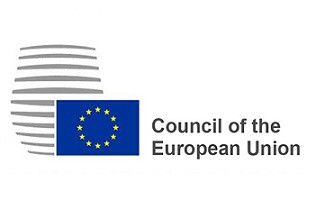Some old warnings about immigration provide food for thought on the occasion of the European Council meeting these days, which will have immigration issues as one of its key points.
Some old warnings about immigration… on the occasion of the European Council meeting these days, which will have immigration issues as one of its key points.
Let’s focus simply on the warning given in February 1995 by an excellent demographer, Jean-Claude Chesnais, in a book titled The Twilight of the West (ed. Robert Laffont, 1995).
The back cover of his book contains this warning: after highlighting “international imbalances and the situation of the West – particularly Europe – where the threat of depopulation becomes more pronounced each year paired with an accelerated aging of the population,” he claims that: “Europe is becoming before our eyes the first continent of immigration, and this with very worrying and sometimes explosive implications,” such as the rise and affirmation of populist movements and parties.
Europe cannot envision an economic recovery without a demographic recovery. Both recessions, economic and demographic, are mutually reinforcing and contribute to the same sense of pessimism.
But whether the warnings are virulent or diplomatic, they are not being heard at the European level: the European Union seems not to have a real demographic strategy, neither for birth rates nor for migratory movements.
A recent note from the Robert Schuman Foundation titled Europe 2050: Demographic Suicide, written by Jean-Michel Boussemart and Michel Godet, confirms this: “What a deafening silence in the face of Europe’s demographic suicide by 2050! (…)”
And the authors of the note published by this foundation – which cannot be suspected of harboring any principled hostility towards European construction – add, commenting on UN demographic projections for 2050: “We invite our interlocutors to imagine a few million climate refugees from Asia or even more political and economic refugees from Africa and the Middle East. If 1% of Africa’s surplus population were to settle in France over the next 35 years (which is as close to us as 1980), it would mean an additional 13 million inhabitants in France by 2050, or 20% more! When considering that the European Union was weakened and shaken in 2015 by one million refugees, three-quarters of whom were political, one realizes that Europe should prepare for such prospects.”
The comparison they use is quite apt: When there is too much sand, the cement doesn’t set.


